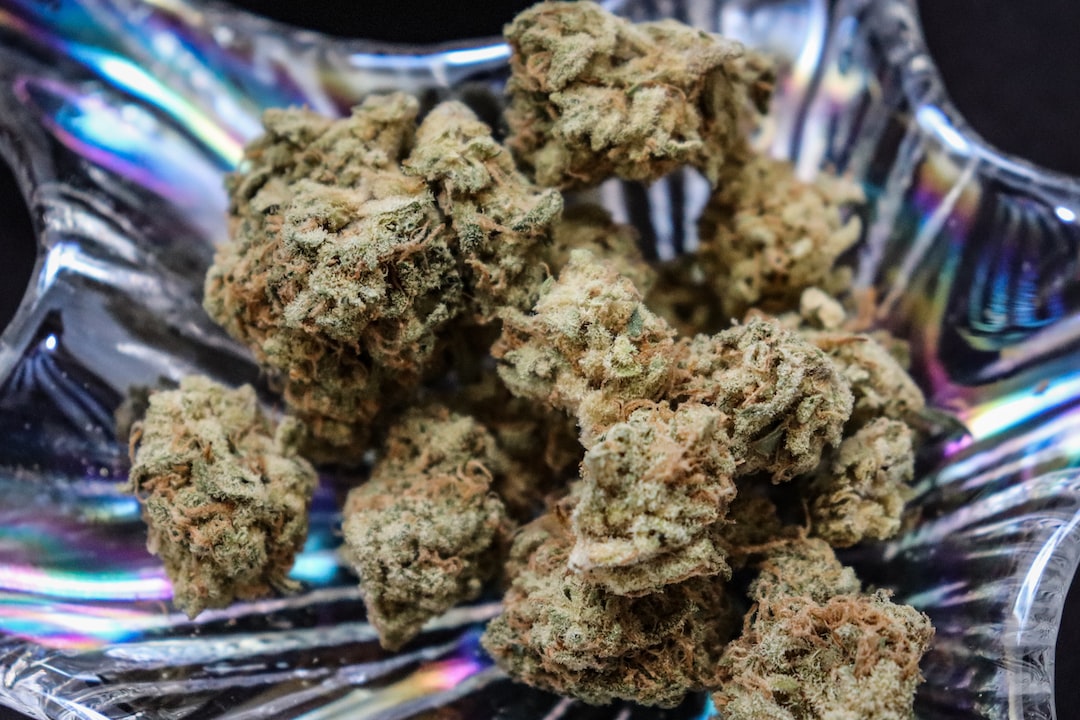The Role of Intellectual Property in the Music Industry: Copyrights, Royalties, and Licensing
The music industry is an essential part of our everyday lives, providing us with endless tunes that entertain, inspire, and even comfort us. Behind the scenes, however, there is a complex web of intellectual property rights that protect the creators and ensure that their work is properly recognized and compensated. In this blog post, we will explore the role of intellectual property in the music industry, focusing on copyrights, royalties, and licensing.
Copyrights are crucial in the music industry as they grant exclusive rights to the creators of original musical works. When a songwriter or composer creates a piece of music, they automatically own the copyright to that work. Copyrights protect the creators against unauthorized copying, distribution, and performance of their music. Without copyright protection, artists would have little control over their work, and the industry would struggle to thrive.
One way artists earn income from their copyrighted works is through royalties. Royalties are payments made to artists or copyright holders for the use of their music. This includes revenue from streaming platforms, radio play, live performances, or even synchronization in movies or commercials. Royalties ensure that artists are compensated fairly for their creative efforts and encourage them to continue producing quality music.
Furthermore, licensing plays a vital role in the music industry by granting permission for the use of copyrighted music. When a song is licensed, it means that someone has obtained legal authorization to use the music in a specific way, such as for a movie soundtrack, advertising campaign, or even a cover version. Licensing agreements set out the terms and conditions of how the music can be used and often involve the payment of licensing fees to the copyright holder.
However, navigating the world of intellectual property in the music industry can be complex, with numerous copyrights and licenses involved in any given song. These can include separate copyrights for the lyrics, melody, and sound recording, as well as licenses required to sample or remix other artists’ work. Therefore, it is crucial for artists, producers, and music industry professionals to have a solid understanding of intellectual property laws and seek legal advice when necessary.
In conclusion, intellectual property plays a crucial role in the music industry, ensuring that artists are protected and fairly compensated for their creative works. Copyrights, royalties, and licensing are essential components that allow musicians to monetize their music and encourage the continued production of quality original content. By respecting and supporting intellectual property rights, we can continue enjoying the vast array of music that enriches our lives on a daily basis.

